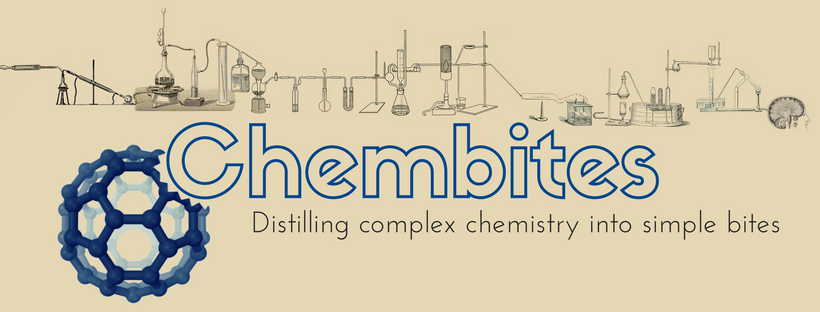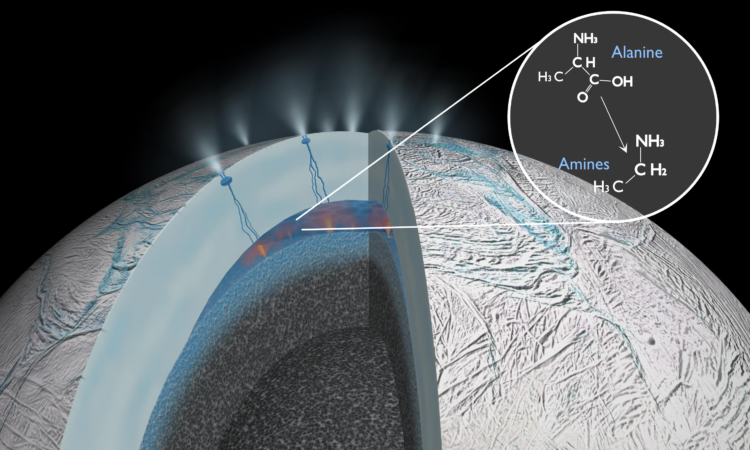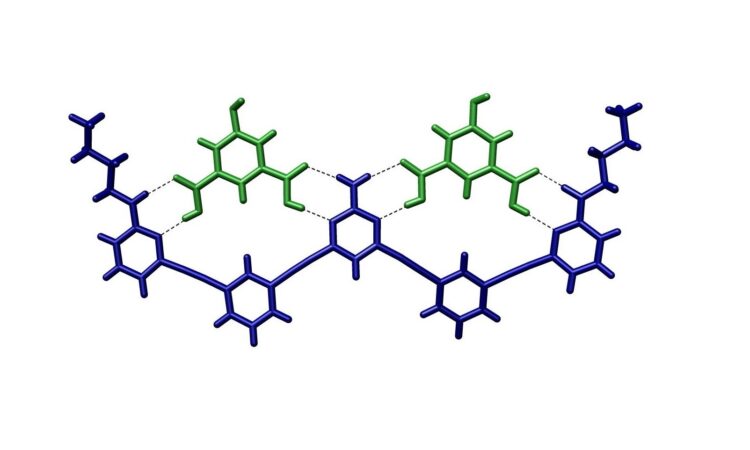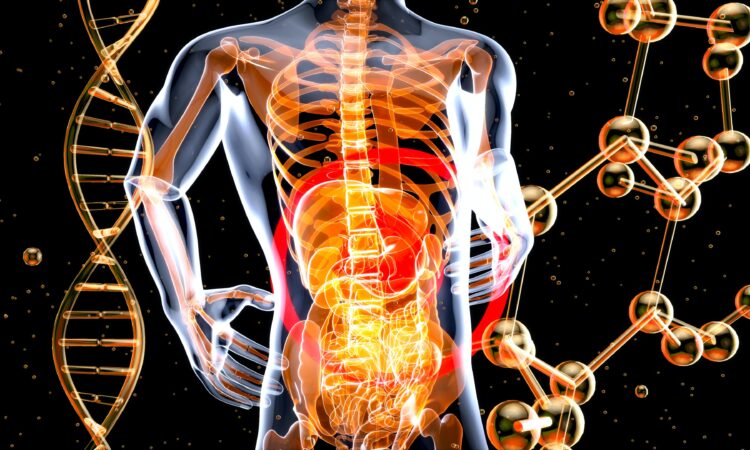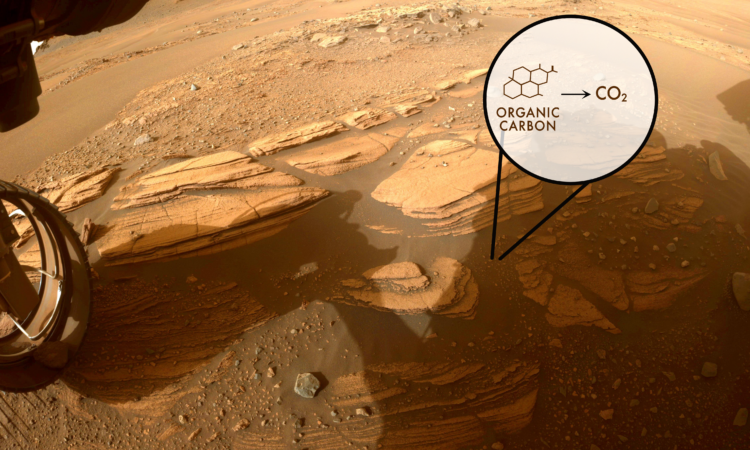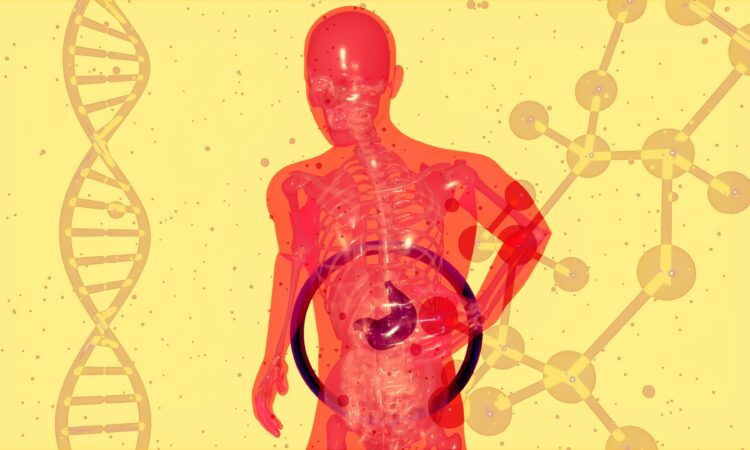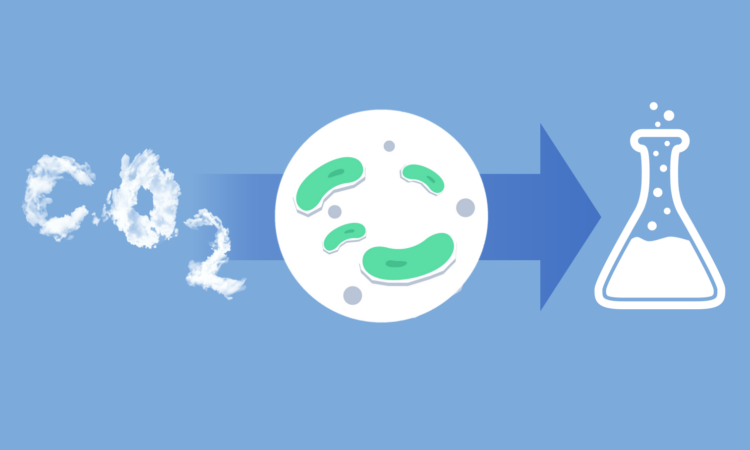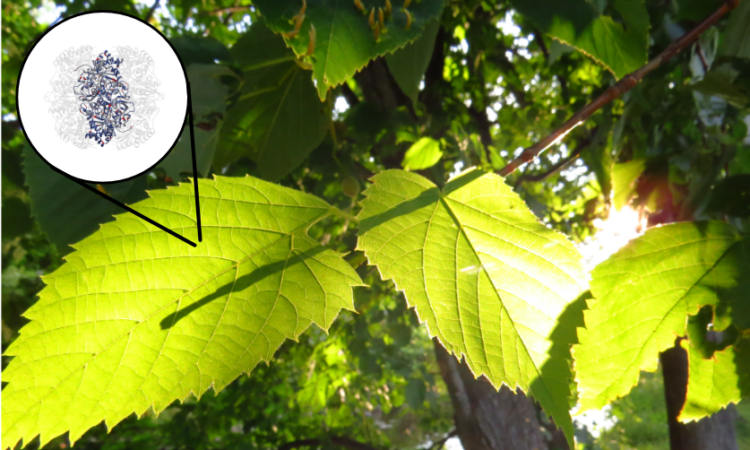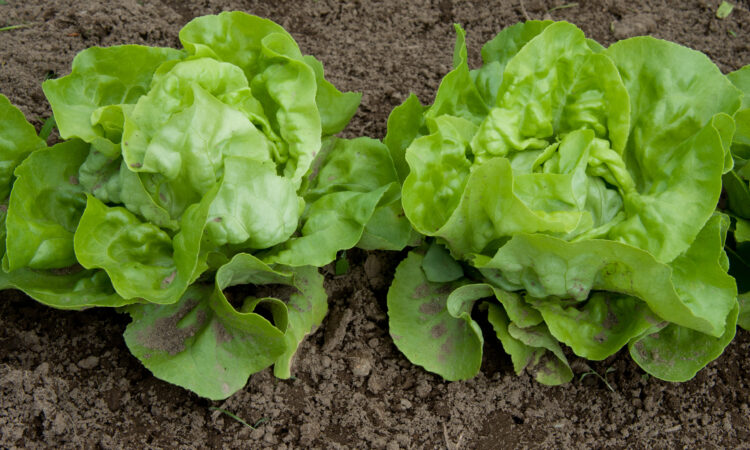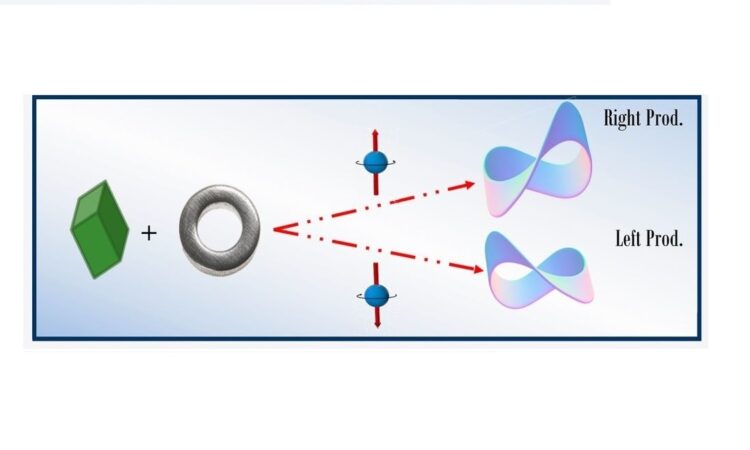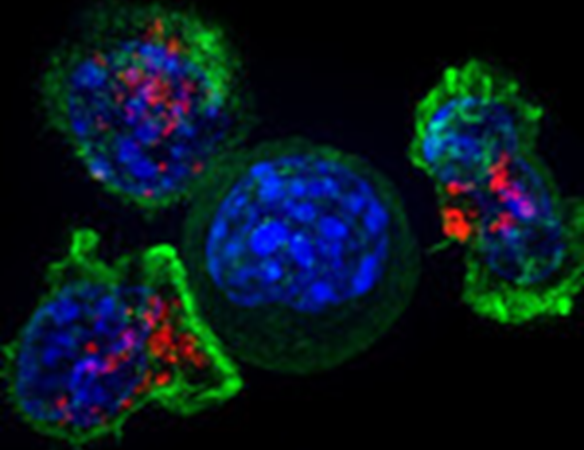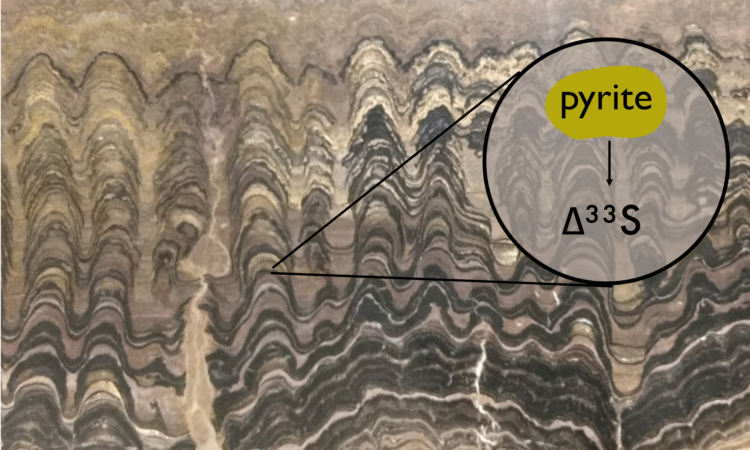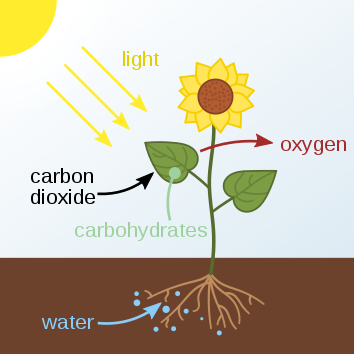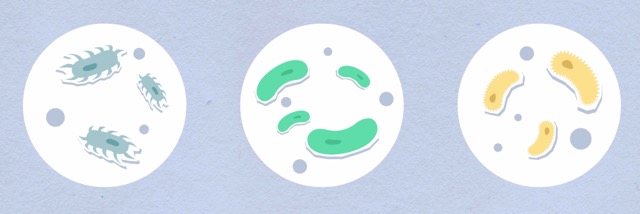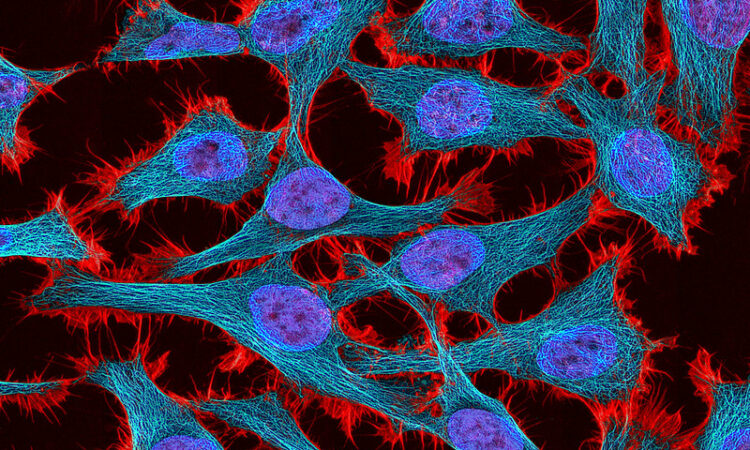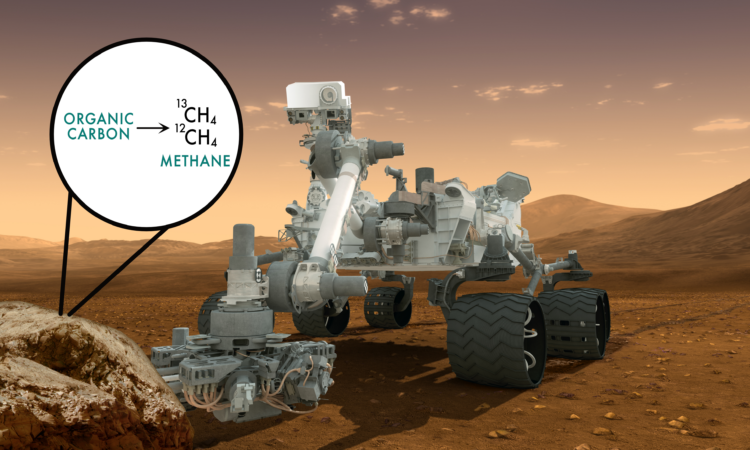New reactions could explain the organic molecules on meteorites may give us a hint as to how organics are created and destroyed on icy moons.
Electricity allows molecules to recognize each other and form supramolecular complexes
Electricity allows fine reaction control in molecular recognition events
You Don’t Want This Smoke: Wildfires lead to decline in wine quality
How can we use mass spectrometry to predict if grapes exposed to wildfires will produce smoke-tainted wine? This article explores detection of various chemicals associated with low-quality wine.
DON’T IGNORE THE FUNGAL MICROBIOTA!
Fungus, as it turns out, can be beneficial, and scientists have found that fungus in the gut could improve cognition and so, might help as a treatment option for Alzheimer’s disease.
3.5 billion-year-old rocks on Mars preserve plenty organic carbon
NASA scientists discovered a plethora of ancient organic carbon buried in Mars’s sedimentary rocks.
Discovery of gut microbial enzymes that modify drugs
Scientists uncover more ways gut microbes modify drugs
These Engineered Microbes Recycle Greenhouse Gases to Combat Climate Change
Scientists showcase a new, large-scale method to convert harmful greenhouse gases into commercially lucrative chemicals.
Wearable electronic patches detect biomarkers of human health using plasmonic material
Research in wearable electronics brings us closer to personalized medicine with plasmonic materials.
Development of Novel Microchamber for Sulfite Quantification in Wine
Development of novel microchamber with graphene-based electrochemical sensor provides a portable and commercial method for sulfite quantification in wine.
Chemists figure out how the grass pea makes its BOS neurotoxin
One of the most abundant South Asian and Sub-Saharan African legumes is the hardy, nutritional grass pea. However, the vegetable naturally produces a paralyzing neurotoxin, and the exact mechanism has long eluded scientists – until now.
A New Highly Degradable Biobased Plastic
An investigation of the performance and degradation mechanism of a seawater-degradable copolyester.
Enzyme Resurrection: What did photosynthesis look like billions of years ago?
The enzyme responsible for photosynthesis is over 2.5 billion years old. How has billions of years of evolution changed its efficiency? Scientists resurrected an ancient version of the enzyme to find out.
Detecting SARS-CoV-2 using Lettuce, not the vegetable
With the continued prevalence of Covid-19, development of new and improved detection methods of the virus is an important step forward in simplifying diagnosis and treatment. This article explores the use of DNA aptamers as a viral detection tool.
Non-invasive, low molecular weight, biomarker method for detection of skin cancer.
Development of a new, non-invasive and topical sampling method uses low molecular weight, skin cancer biomarkers for better detection for early stages of skin cancer diagnostics.
Electron spin selectivity effects can be harvested in asymmetric catalysis
A deeper understanding of spintronics enables the generation of new technologies using chiral molecules.
MACHINE LEARNING TECHNIQUES UNRAVEL CELL DEATH MARKERS
Title: Machine Learning Classifies Ferroptosis and Apoptosis Cell Death Modalities with TfR1 ImmunostainingAuthors: Jenny Jin, Kenji Schorpp, Daniel Samaga, Kristian Unger, Kamyar Hadian, and Brent R. StockwellYear: 2022Journal: ACS Chemical BiologyDOI: https://doi.org/10.1021/acschembio.1c00953 Featured image by Alex Ritter, Jennifer Lippincott Schwartz and Gillian Griffiths, National Institutes of…
Reaffirming the story of Earth’s atmosphere
Earth’s atmosphere didn’t see oxygen until over 2 billion years ago. New techniques help confirm an old hypothesis about exactly when the planet’s oxygenation happened.
A Cheap Fix for Diffuse Methane
Converting methane to carbon dioxide could be a key strategy in tackling climate change.
Go Ask Mother Nature—she’s got an answer
An overwhelming majority of scientists are in agreement—and that never happens—something must change before we reach the so-called “point-of-no-return”. The onset of the industrial era (and the associated benefits) encouraged a system that pollutes our environment in search of the largest possible profits. More recently, our voices have gotten louder, and large groups of society have dedicated themselves to uncovering the solutions to these problems. Perhaps, in this regard, Mother Nature still has lessons to offer.
How to solve a structure
Combining different data to solve a structure
Identifying toxic pesticides with microbial electricity
Some pesticides function similarly to the nerve agent sarin, and their ubiquitous use makes them a constant health hazard if unmonitored. Chemists designed a dual-microbe sensor to selectively and sensitively determine when the hazardous chemicals are nearby.
Novel Fluorogenic Probes Provide Polarity Specific Detection of Cancer Cell Membranes
Development of novel fluorogenic probes provide valuable insights regarding the polarity of cancer cell membranes.
Boosting student confidence with micropipette color wheels
Many students learn about how to use the persnickety micropipette while performing other,critical reactions. However instructors at Montmouth College designed a unique teaching exercise to instill confident micropipette usage using color wheels.
Massively increased antibiotic synthesis via biocatalysis
Treating those with active COVID-19 requires antiviral drugs such as molnupriavir. However, the drug’s synthesis is lengthy and low yield – can enzymes be used to optimize both time and the end result?
The origin story of Martian organic carbon has a new twist.
Carbon isotopes measured by the Mars rover Curiosity reveal that the ancient organic carbon found in Martian rocks originates from three possible sources: Galactic dust storms, solar irradiation or microbial methane.
